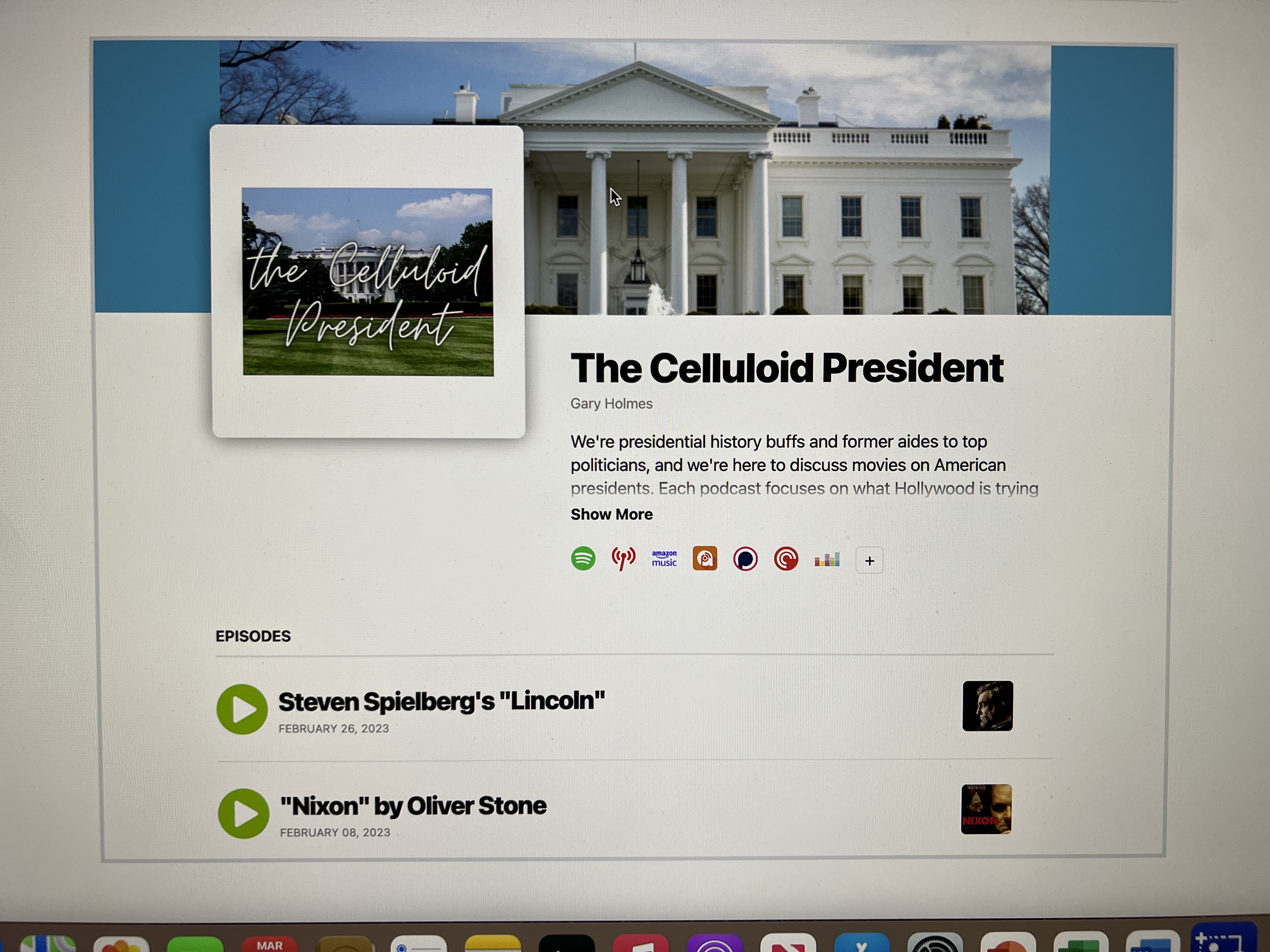I’m a Podcaster Now Too

I remember the first time I heard a podcast. It was in the late 1990s, when you could only get good Internet at work, and I was killing time in the office when I should have been billing clients. I had previously discovered Bill Simmons, then known as the Boston Sports Guy, who was a sports blogger on Boston’s AOL Digital Cities site. I clicked on the site on afternoon and instead of reading his blog I discovered him talking about the Red Sox with Seth Meyers, then the Saturday Night Live head writer. As hard as it is to believe now, the idea that people were talking on the Internet, was disorienting. I don’t think they even called it podcasting yet.
Since then, Bill Simmons has built two podcasting giants — first Grantland for ESPN, and then The Ringer, which is now owned by Spotify — and there are reportedly more than three million podcasts available for our listening pleasure. During that time, I’ve sampled several hundred podcasts and am currently subscribed to about twenty podcasts myself, picking and choosing what to listen to depending on the episode’s subject.
Clearly the world doesn’t need another podcast but my college friend Jim Robinson and I have taken the plunge anyway. I’m not sure why — we’re definitely not going to make much, if any, money on it. I suppose we just want to keep our minds sharp at our advancing ages.
Since there are thousands of podcasts about movies and thousands more about politics, I thought it might be interesting for us to do something about the intersection of movies AND politics, so we came up with “The Celluloid President,” in which we discuss how American presidents are depicted in film. Jim and I were American Studies majors together in college and we can finally deploy what we’d learned about analyzing history through a cultural context to explore what the filmmaker was REALLY trying to say.
Our first two podcasts are by two talented directors whose visions of America are completely at odds and who, unsurprisingly, created films that couldn’t be more different.
Our first podcast out of the gate was on Oliver Stone’s “Nixon,” a three hour and 20 minute biopic that is a perfect match of a dark, brooding conspiratorial filmmaker with a dark, brooding conspiratorial President. Jim and I had been pro-Nixon allies in college but we don’t really see eye-to-eye on him any more, although we are still fascinated by Nixon and even a bit nostalgic about Watergate, which seemed so important at the time. To learn more about that journey and to listen to the podcast, click here: [Nixon Podcast]. You might also want to check out the movie trailer first to get a flavor of Oliver Stone’s approach.
In contrast to Stone, Steve Spielberg is in love with what America can be, even though it doesn’t always live up to its ideals. The movie “Lincoln” is ostensibly about the 16th President but it’s really about how America struggles to become a more just place. Rather than a traditional biopic about Honest Abe, Spielberg decided to depict how Lincoln rammed the 13th Amendment, which outlawed slavery, through the House of Representatives even before the end of the Civil War.
To Spielberg, this achievement — the legal end of slavery — shows that democracy can work, especially if a visionary, talented politician steps forward embodies the better angles of our being, which is what Lincoln did. “Lincoln” is fundamentally a civics lesson in how democracy works — how the people’s will can be fulfilled through a messy combination of self-interest and idealism. To my mind, “Lincoln” displays more mature understanding than “Nixon” of how the American government works. Oliver Stone opts for a simplistic explanation of why things happen the way they do — because a secret cabal of corporations and security agencies drives events behind the scenes. But “Lincoln” shows that our country is too big, with too many interests, for any conspiracy to succeed for long. If anything, the danger is inertia — with nothing happening because the bickering groups can’t reach a compromise. For more elaboration on this, check out the podcast here: [Lincoln podcast]
And to get a flavor of what “Lincoln” is about, check out the trailer below.
As they say at the end of all podcasts, be sure to follow us on Apple, Spotify, Amazon, etc. You can find both of The Celluloid President podcasts so far below at https://thecelluloidpresident.buzzsprout.com.
Let us know what you think.
